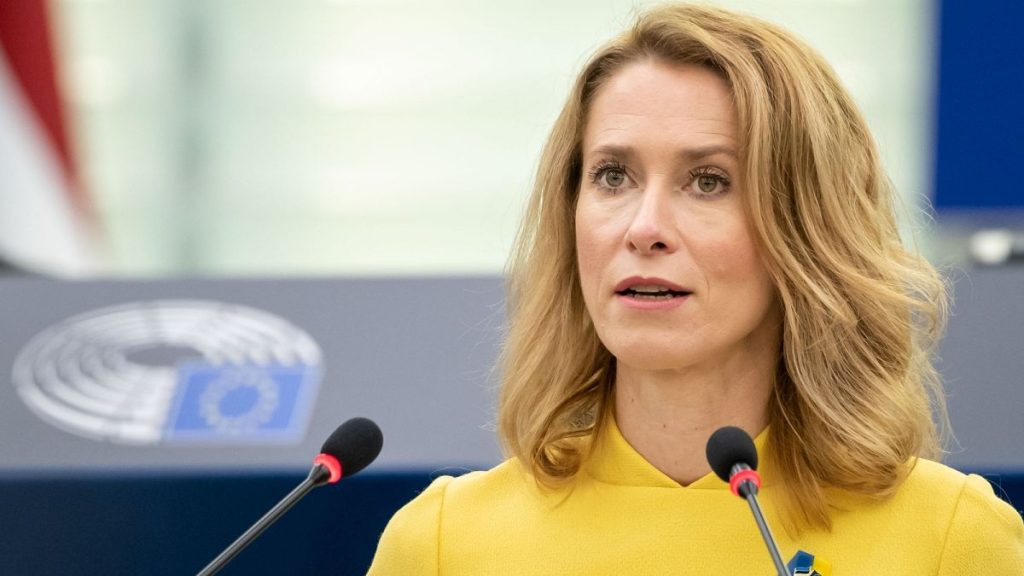Kaja Kallas, poised to replace Josep Borrell as the European Union’s High Representative for Foreign Policy, is facing pressure to show engagement on the Israeli-Palestine issue in order to prove her experience and commitment to steering the EU’s diplomacy beyond its eastern flank. However, she has a limited track record in diplomatic engagements beyond Europe’s eastern flank, with the war in Gaza exposing potential divisions between EU capitals and a turf war within the Brussels institutions. Some fear that Kallas’ term may be centred on the conflict in Ukraine at the expense of the Israel-Hamas conflict, further diminishing the EU’s relevance in the Middle East and the Global South.
Kallas has assured EU member states that the Middle East conflict will be a priority for her, but concerns remain about her lack of deep engagement on the Israeli-Palestine issue. While some praise Borrell’s efforts to balance clashing member state stances on the conflict, others believe that the damage done to the EU’s reputation in the Middle East and the Global South during his mandate is irreparable. Critics argue that the EU has lost credibility, clout, and influence, and that Kallas may struggle to effect meaningful change.
Sources indicate that powerful civil servants within the European External Action Service (EEAS) have aimed to increase their influence on the EU’s Middle East policy, potentially hindering Kallas’ efforts to exert diplomatic pressure on the Israeli government. This could mean that more “pro-Israel” decision-makers within the executive may sway the bloc’s response to the Gaza war. This has led to discontent and accusations that the EU is failing to uphold its ideals of human rights, peace, and the rule of law.
If Kallas allows her support for Ukraine to define her mandate, it could contribute to further ambiguity and division within the EU’s foreign policy. Von der Leyen’s decision to split the portfolio of the European Commissioner for the Mediterranean may also impact Kallas’ role in the Middle East. The appointment of a new Commissioner for the Mediterranean could indicate a shift in focus towards areas such as energy, security, migration, and cooperation, potentially sidelining human rights, democracy, and the rule of law in certain regions.
The risk for Kallas lies in her ability to move beyond statements and into effective action on the Israeli-Palestine issue, as well as in navigating the dynamics of member states and internal decision-making processes. Borrell’s proposals to exert diplomatic pressure on Israel have faced objections from member states, highlighting the challenges Kallas may encounter in driving meaningful change. Despite these obstacles, Kallas is praised for her ability to forge consensus and stand up for what is right, but the uncertainty surrounding her priorities and approach to global issues may impact the EU’s position in the Middle East and the Global South.













